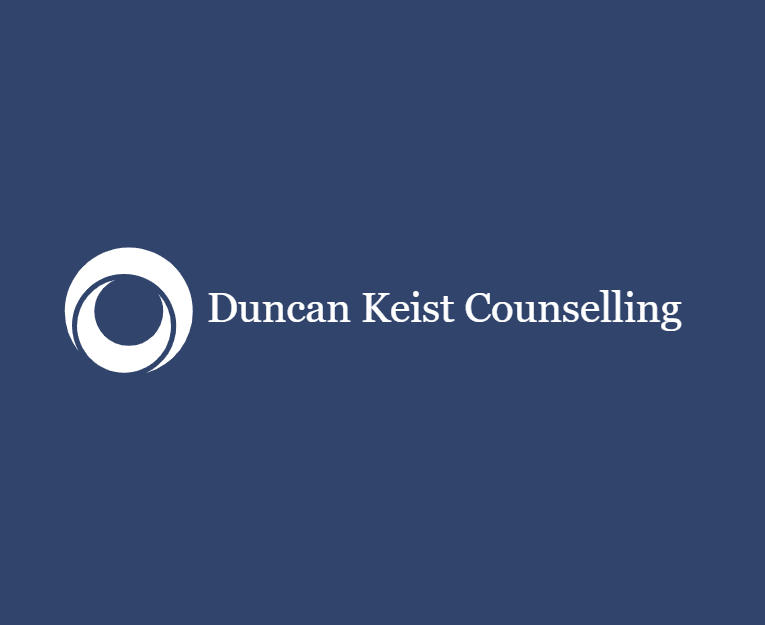Understanding the Role of Counselling in Relationship Management
Introduction to Relationship Counselling
Relationships, whether romantic, familial, or platonic, are complex and can sometimes face challenges. When difficulties arise, counselling can play a crucial role in relationship management. Counselling provides a safe space for individuals to explore their emotions, enhance communication skills, and work through conflicts effectively.
The primary goal of relationship counselling is to improve the interactions between individuals, leading to healthier and more fulfilling connections. By understanding the role of counselling in relationship management, individuals can take proactive steps towards maintaining harmony and resolving issues before they escalate.

Benefits of Relationship Counselling
Counselling offers numerous benefits for those seeking to improve their relationships. Firstly, it provides a neutral ground where both parties can express their thoughts and feelings without fear of judgment. This encourages open communication, which is often the cornerstone of any successful relationship.
Furthermore, a skilled counsellor can help identify underlying issues that may not be immediately apparent. By addressing these root causes, individuals can work towards lasting solutions rather than temporary fixes. Counselling also equips individuals with conflict resolution strategies, enabling them to handle disagreements constructively.

The Counselling Process
The process typically begins with an initial assessment where the counsellor gathers information about the relationship's history and current challenges. This step is essential in tailoring the approach to best suit the couple's needs.
Subsequently, the counsellor will guide the individuals through various sessions that focus on specific aspects of their relationship. These sessions may include exercises to improve communication, trust-building activities, and techniques for managing emotions during conflicts.
Common Relationship Challenges Addressed
Relationship counselling can address a wide range of issues. Some common challenges include communication breakdowns, trust issues, infidelity, and differing values or life goals. The role of the counsellor is to facilitate discussions that help both parties understand each other's perspectives and find common ground.

Moreover, counselling can be particularly beneficial during major life transitions, such as marriage, parenthood, or relocation. These changes can introduce new stressors that may strain a relationship if not properly managed.
When to Seek Counselling
It's important to recognize when professional help is needed. Couples might consider counselling when they notice recurring patterns of conflict or when they feel stuck in their attempts to resolve issues on their own. Seeking help early can prevent problems from growing and becoming more difficult to manage.
Additionally, counselling is not only for relationships in crisis. Many healthy couples use counselling as a tool for growth and maintenance, ensuring their relationship remains strong over time.

Finding the Right Counsellor
Choosing a counsellor who aligns with your values and understands your relationship dynamics is crucial. It's advisable to seek recommendations or read reviews from other clients. Additionally, consider the counsellor's experience and approach to ensure it matches your needs.
It's also important that both parties feel comfortable with the counsellor selected. A good rapport can significantly enhance the effectiveness of the counselling process.
Conclusion
Understanding the role of counselling in relationship management is vital for anyone looking to nurture and improve their connections. By addressing issues with professional guidance, individuals can foster healthier relationships built on mutual respect and understanding. Whether facing challenges or simply seeking to strengthen bonds, counselling offers valuable tools and insights for all types of relationships.
